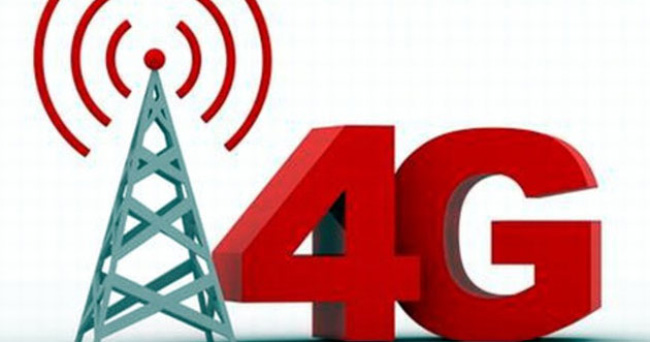MobiFone falling behind in 4G services

MobiFone had plans to start piloting its 4G services in Hanoi, Ho Chi Minh City, and Danang at the end of April. At present, MobiFone is completing the technical infrastructure.
MobiFone’s representative said in an interview that 4G services enjoyed worldwide popularity, thus piloting the programme was not really important. Besides, MobiFone’s slowness in implementing the testing programme is because the network provider must bear the entire fee of implementing the process as well as buying the necessary equipment.
However, other network providers, namely VNPT-Vinaphone and Viettel Group, have been piloting their 4G services for numerous months so far.
A leader of VNPT confirmed with VIR that the corporation’s commercial testing of 4G services in Phu Quoc island and Ho Chi Minh City, beginning on January 18, has received positive feedback from subscribers.
VNPT expected to report the pilot programme’s results to the Ministry of Information and Communications (MIC) at the end of March to apply for the license to officially implement 4G services.
According to VNPT general director Tran Manh Hung, the group is ready to supply 4G services to customers, however, the service’s scale depends on equipment and customer demand.
In the early phase, VNPT would build 4G base transceiver stations in major cities, like Hanoi, Ho Chi Minh City, Danang, Haiphong, and Can Tho as well as other provinces, namely Ca Mau, Bac Lieu, Kien Giang, and Nam Dinh, among others.
Last December, Viettel Group started to pilot 4G services in the southern province of Ba Ria-Vung Tau through setting up 12,000 4G base transceiver stations. The average speed of 4G in Ba Ria-Vung Tau reached between 40 and 80 megabit per second (Mb/s), seven times faster than the average 3G service in the country. At some transceiver stations the average speed reached an astounding speed of 230 Mb/s.
Ho Chi Dung, technology director of Viettel, shared that once Viettel’s 4G service is licensed, the company will supply a minimum speed of 5 megabyte per second so that customers can watch videos in high definition.
Early commercial testing will bring advantages for network providers in the race for customers once the services are implemented officially.
4G refers to the fourth generation of mobile data transmitting technology, which offers speeds of up to 1.5 gigabits per second, several hundred times more than 3G. Vietnamese network providers have launched 4G pilot programmes following a rapid increase in the number of people registering for such pilot services.
What the stars mean:
★ Poor ★ ★ Promising ★★★ Good ★★★★ Very good ★★★★★ Exceptional
Latest News
More News
- State corporations poised to drive 2026 growth (February 03, 2026 | 13:58)
- Why high-tech talent will define Vietnam’s growth (February 02, 2026 | 10:47)
- FMCG resilience amid varying storms (February 02, 2026 | 10:00)
- Customs reforms strengthen business confidence, support trade growth (February 01, 2026 | 08:20)
- Vietnam and US to launch sixth trade negotiation round (January 30, 2026 | 15:19)
- Digital publishing emerges as key growth driver in Vietnam (January 30, 2026 | 10:59)
- EVN signs key contract for Tri An hydropower expansion (January 30, 2026 | 10:57)
- Vietnam to lead trade growth in ASEAN (January 29, 2026 | 15:08)
- Carlsberg Vietnam delivers Lunar New Year support in central region (January 28, 2026 | 17:19)
- TikTok penalised $35,000 in Vietnam for consumer protection violations (January 28, 2026 | 17:15)
















 Mobile Version
Mobile Version